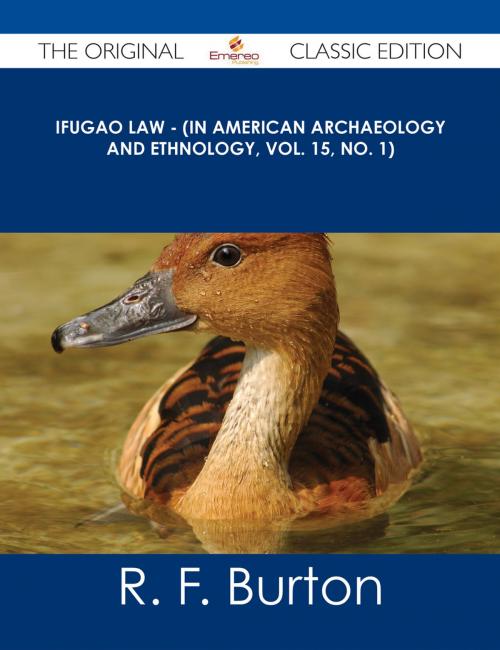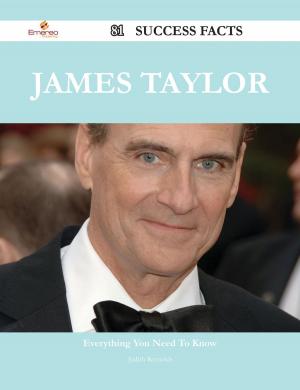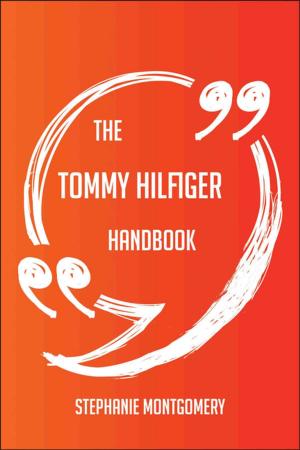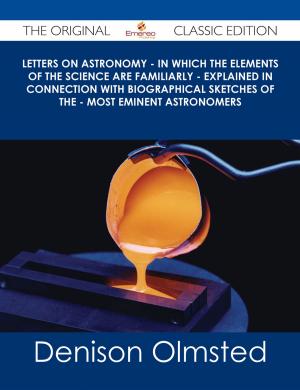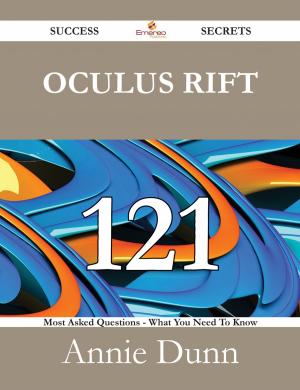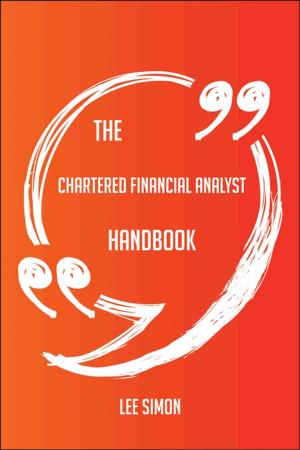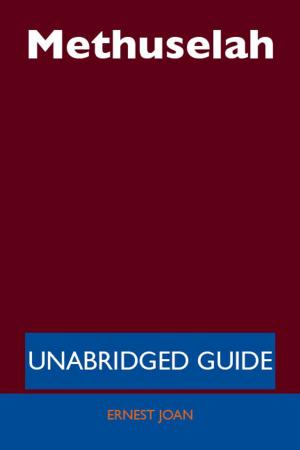Ifugao Law - (In American Archaeology and Ethnology, Vol. 15, No. 1) - The Original Classic Edition
Nonfiction, Reference & Language, Reference, Fiction & Literature| Author: | R. F. Burton | ISBN: | 9781486445004 |
| Publisher: | Emereo Publishing | Publication: | March 18, 2013 |
| Imprint: | Emereo Publishing | Language: | English |
| Author: | R. F. Burton |
| ISBN: | 9781486445004 |
| Publisher: | Emereo Publishing |
| Publication: | March 18, 2013 |
| Imprint: | Emereo Publishing |
| Language: | English |
This is a new and freshly published edition of this culturally important work by R. F. Burton, which is now, at last, again available to you.
Get the PDF and EPUB NOW as well. Included in your purchase you have Ifugao Law - (In American Archaeology and Ethnology, Vol. 15, No. 1) in EPUB AND PDF format to read on any tablet, eReader, desktop, laptop or smartphone simultaneous - Get it NOW.
Enjoy this classic work today. These selected paragraphs distill the contents and give you a quick look inside Ifugao Law - (In American Archaeology and Ethnology, Vol. 15, No. 1):
Look inside the book:
Any calculation must be based on vague and hazardous figures of course, but, without having any theories to prove, and making due allowance for increased rate of building during peaceful times and for the pressure of the needs of increased population, from a comparison of the estimated area of voluntary rice-field building with the areas already constructed, I come to the conclusion that the Ifugaos must have lived in their present habitat for at least two thousand years, and I believe that these figures are too small. ...While doubting if so sweeping an assertion as this can be true, especially when we consider that even in its most primitive phases human life is exceedingly complex and intricate, I invite attention to the fact that magic is such an all-embracing thing in primitive society, and is so closely connected with matters of morality and public policy, that there is nothing in this paragraph that can offend even those who hold that the field of taboo is one wholly of magic prohibitions. ...The two ways in which marriage may be brought about.—Those children that will inherit a great deal of property are married usually, but by no means always, by a contract3 marriage; those who will inherit no property, or but a small amount, and those who, married by the preceding method, have lost their spouses, or who on reaching a maturer age, do not find themselves compatible with their spouses, and consequently remarry, are married by a trial marriage.
This is a new and freshly published edition of this culturally important work by R. F. Burton, which is now, at last, again available to you.
Get the PDF and EPUB NOW as well. Included in your purchase you have Ifugao Law - (In American Archaeology and Ethnology, Vol. 15, No. 1) in EPUB AND PDF format to read on any tablet, eReader, desktop, laptop or smartphone simultaneous - Get it NOW.
Enjoy this classic work today. These selected paragraphs distill the contents and give you a quick look inside Ifugao Law - (In American Archaeology and Ethnology, Vol. 15, No. 1):
Look inside the book:
Any calculation must be based on vague and hazardous figures of course, but, without having any theories to prove, and making due allowance for increased rate of building during peaceful times and for the pressure of the needs of increased population, from a comparison of the estimated area of voluntary rice-field building with the areas already constructed, I come to the conclusion that the Ifugaos must have lived in their present habitat for at least two thousand years, and I believe that these figures are too small. ...While doubting if so sweeping an assertion as this can be true, especially when we consider that even in its most primitive phases human life is exceedingly complex and intricate, I invite attention to the fact that magic is such an all-embracing thing in primitive society, and is so closely connected with matters of morality and public policy, that there is nothing in this paragraph that can offend even those who hold that the field of taboo is one wholly of magic prohibitions. ...The two ways in which marriage may be brought about.—Those children that will inherit a great deal of property are married usually, but by no means always, by a contract3 marriage; those who will inherit no property, or but a small amount, and those who, married by the preceding method, have lost their spouses, or who on reaching a maturer age, do not find themselves compatible with their spouses, and consequently remarry, are married by a trial marriage.
